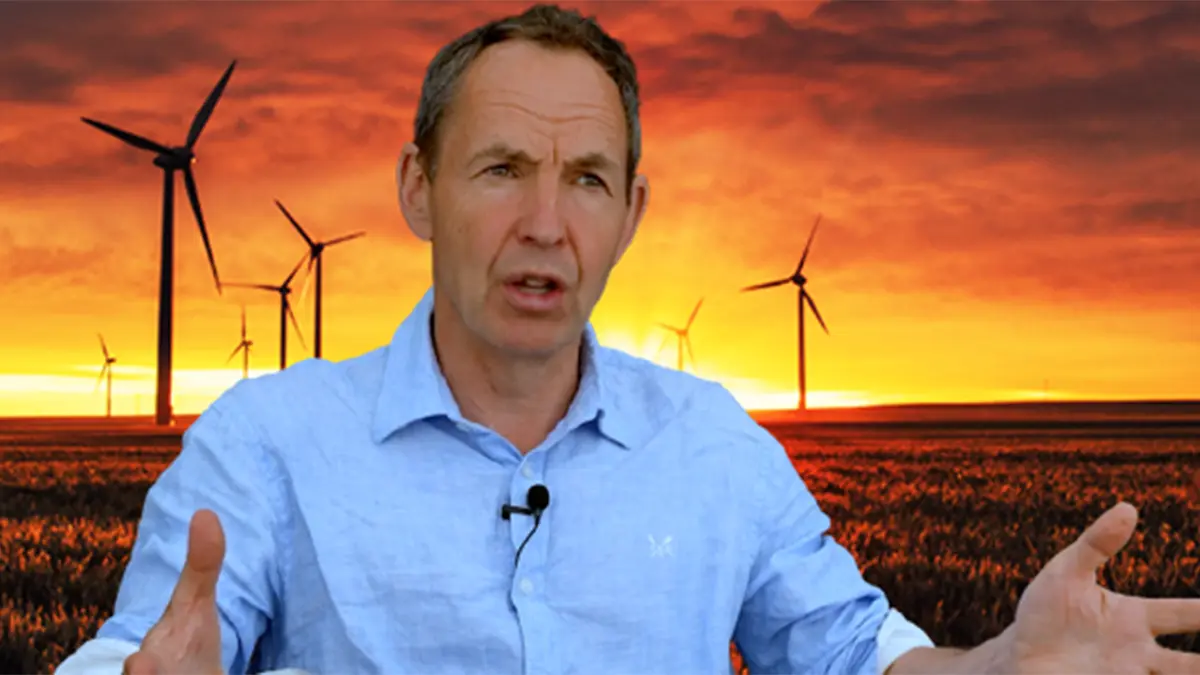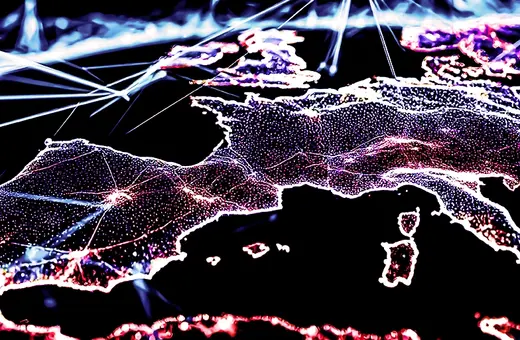In the quest for new theoretic answers in response to the climate crisis, Nikolaj Schultz proposes a new existentialism in for the Anthropocene age. In this in-depth interview, on his latest book Land Sickness, Schultz pushes back against the notion of the “individual” from the Lockean liberal tradition and shows that this idea of the individual as autonomous, indivisible, and impenetrable is but a bad description. The individual is always a relational being and this is all the more true in the age of a climate crisis.
Why did you write the book? And why did you choose this auto-fictive/'ethnografictive' style?
It’s true, the book is written in a quite weird genre, far from how I normally write books, between the personal and the theoretical. The reason was that I wanted to capture the affects, the experience, the emotions of living on a climate damaged planet – and for this, I needed another genre, and a more subjective or personal style. As you indicate, I call it an “auto-etnografictive essay”, understood as an essay based on own observations, thoughts, and experiences over a few days, that I then reconstructed on a narrative level. Now, if you read it as a novel, it is awful, and if you read it as a theory book, it is probably not great as well – but if you accept that it’s a sort of hybrid genre in between, then it might work. This said, I do consider it more book of theory than of literature: I would say that it is probably more of a “literary existentialism” than it is a “existential literature”.
Was there some way in which you thought this first-person encounter is more personal and thus a more intimate, humanization of the climate crisis?
Exactly: By starting from my own experiences, I believe it allowed me to unlock some of the more intimate, sensitive, and existential aspects of the climate crisis, that I believe have been missing. We have a lot of hard facts and data on these questions, and a lot of very important analyses of the situation “from a distance”. And these are obviously crucial terms to tackle the situation, but we also need investigations into what it means and how it feels to be living in a time of global climate change, and to be human on a planet that one’s own species is destroying in habitability day by day. This is what I am trying to find a narrative and conceptual language to describe and understand. We have a lot of such books on the topics of class, gender, sexuality etc., but for some reason not really on the topics of ecology and the climate, and I believe this is a problem. Why? Well, because as many scholars have noted, then the climate crisis is not only a political or scientific crisis – it is also, and perhaps first and foremost, a crisis of sensibilities. And what I try to render sensible with the book is the existential transformation of the human being in a time of the Anthropocene.
SUGGESTED VIEWING There is no Planet B With Mike Berners Lee
How does the concept of 'Landsickness' as portrayed in your book reflect the broader existential and philosophical themes explored?






















Join the conversation